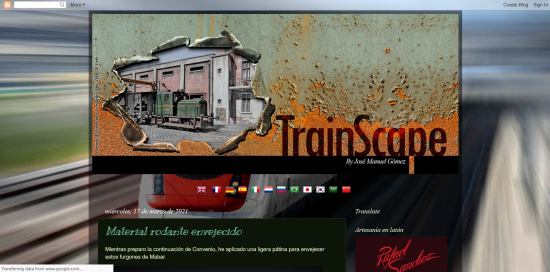
I almost had a heart attack when I took this book out of the plastic wrap it comes in, and the back cover fell off!
Well, no... you'll think the back cover just fell off, but it's just a selection of inserts tucked behind the rulebook:
- a sheet of color markers

- five perforated, two-sided sheets of Fog of War cards

- the General Reference Card - which happens to have the rulebook's back cover reproduced on its backside... (hence, the confusion!)

The rulebook itself is a hefty 218 pages, broken up into the following sections:
- Table of Contents
- General Reference Card
- The same information as on the cardstock reference aid, but in a black-and-white version.
- World War II In Europe
- Brief summary of the war in Europe
- The Rules
- Roughly the first half of the book consists of the rules.
- Part II - Battles
- Another fourth of the book covers how to assemble an army, the Test of Battle scenario generation system, and a dozen sample scenarios (set during Kursk or the Battle of the Bulge).
- Part III - The Armies
- The late-war data for U.S., British, Red, and German armies.
- Appendices
- Further details on the Fog of War cards, comments on wargame terrain, and statistics for selected aircraft.
- Proof of Purchase Cards
The design goal of the Command Decision rules has always been to present a fast-playing, historically accurate WWII experience. The new edition is a redesign of the rules to further streamline the playing process. The intent is that players will be able to finish a battle in about six turns, or 2-3 hours of actual play.
The game is platoon-level, with each stand representing a platoon of men or vehicles. The turn represents 30 minutes. The ground scale is 50 yards to the inch. The rules are written principally for 15mm scale models, but are said to work equally well for 10mm to 25mm scale; for microscale, substitute centimeters for inches. Infantry are generally based 2 or 3 figures on a 20 cm square base; vehicles are individual. Rules use a 10-sided die.
New to this edition are the Fog of War cards. Each side in a battle receives one card per turn, can hold up to three cards at a time, and can play the cards as desired. The cards add variability to the game - a player with the Difficult Terrain card, for instance, can play it on an enemy company to reduce their movement this turn.
The Test of Battle system is also new, and provides a way to generate scenarios. Players spend points to buy a force based on a historical force, spend point to upgrade or augment that force, and divide it into Holding, Reserve, and Assault groups. The battlefield is selected from a master map (East or West Fronts). Players may then select Missions, or these may be determined randomly. The missions determine the players' objectives, and which of their groups can be used in this battle.
Command and control remains central to the game design. Command stands issue orders, which limit the movement and firing options of units - the markers are placed face-down, and exposed during play.
The Sequence of Play is:
- Artillery Phase
- Request artillery; update artillery; resolve artillery attacks
- Movement Phase
- Roll for initiative. Side A declares Prep Fire, Side B declares Prep Fire, all Prep Fire is resolved. Side A reveals orders and moves, then Side B. Spotting occurs.
- Opportunity Fire Phase
- Acts as an "interrupt" to the Movement Phase - units take Opportunity Fire, and may be spotted
- General Fire Phase
- All stands may change facing. Units which haven't fire may do so; any needed spotting checks are made.
- Command & Morale Phase
- Command stands issue orders. Morale checks. Certain units may advance. Collect FOW card.
Further resources are available at the company website: testofbattle.com. The errata points out which rules are considered part of the Advanced Game. Unit organization and stats for other war periods can be downloaded.












